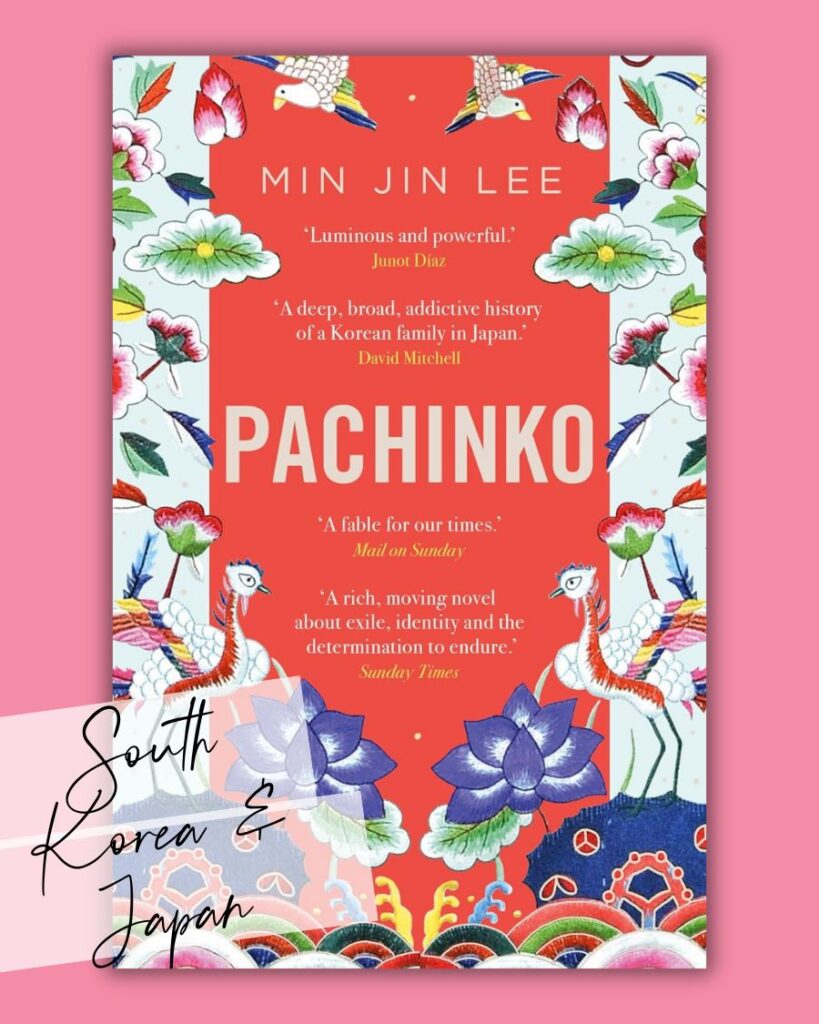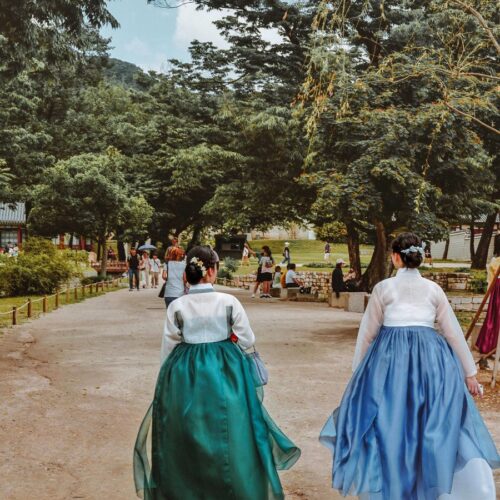
Pachinko book review: Pachinko by Min Jin Lee is a multigenerational tale spanning almost 100 years. It starts in the very early 20th century on a small island fishing village near Busan, Korea. We learn about traditional Korean life at the time and the shock of when Japan annexes Korea in 1910. When the people living there became like second class citizens in their own country. This is the background against which Sunja, the main protagonist, grows up. Her youth and innocence contrasted against poverty and brutality.
But her naivety does not mean a lack of strength. Despite being tricked by the charming Hansu and falling pregnant, Sunja refuses to live in shame as a mistress. Later, Sunja marries a pastor and moves to Japan where her family will live for generations as zainichi – a term used by the Japanese government to separate people residing in Japan who were not ethnically Japanese. When Sunja’s husband is imprisoned (after a member of his church is caught reciting the Lord’s Prayer) and her family need money, Sunja slowly builds a Kimchi business from the ground up. The novel continues through Sunja’s lifetime, following her children and grandchildren as they struggle with identity, shame and belonging.
Pachinko is a great example of how you can learn so much more about a country’s history (or two countries in this case!) from reading fiction than just by studying the facts. The experiences of the novel’s characters not only bring historical events to life, but give you an insight into the people that history forgot: the émigrés, forever cast as outsiders in their own homes.
Thank you for reading my Pachinko book review. You can buy the book here.
Want to visit South Korea? Read my blog posts here.
Read my other book reviews here.




[…] there are some amazing works written by the large Korean diaspora overseas. I can really recommend Pachinko, an epic historical novel (written in English by Korean-American author Min Jin Lee) which deals […]